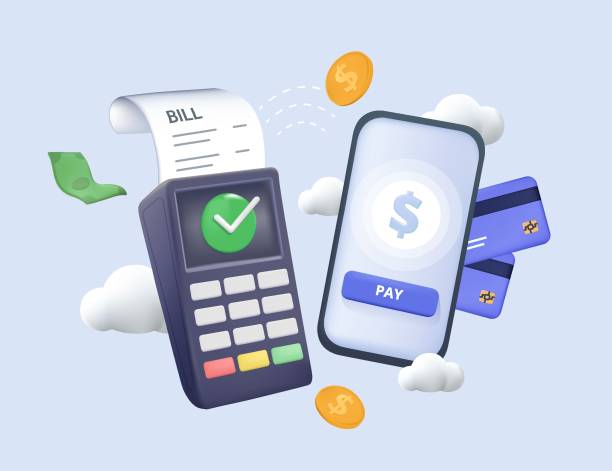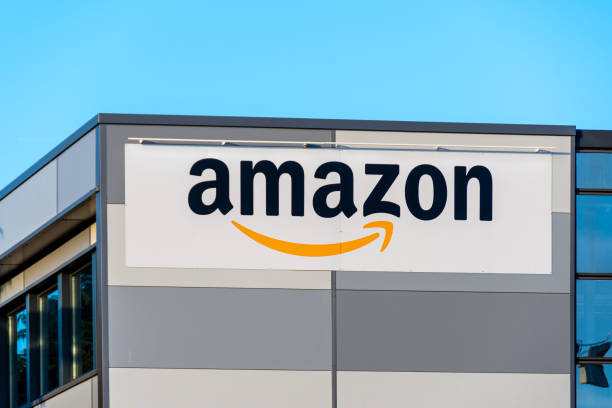In today’s digital era, starting an online business has never been easier. With a plethora of e-commerce platforms available, choosing the right one can be overwhelming. Two giants that often come to mind are Shopify and Amazon. Both platforms offer incredible opportunities for entrepreneurs, but they cater to different needs and business models. So, let’s dive deep into the world of Shopify vs Amazon to help you make an informed decision for your online venture.
What is Shopify?
Shopify is a leading cloud-based, multi-channel commerce platform designed for small and medium-sized businesses. Additionally, it provides entrepreneurs with tools to create and manage their online store with ease. From customizable templates to secure payment gateways, Shopify offers a comprehensive suite of features to help you launch, run, and grow your online business.
What is Amazon?
Amazon needs no introduction. As the world’s largest online marketplace, Amazon connects millions of buyers and sellers worldwide. Additionally, with its Fulfillment by Amazon (FBA) program, sellers can store their products in Amazon’s warehouses, and Amazon handles storage, packing, and shipping. So, this makes it incredibly convenient for sellers to reach a vast customer base without worrying about logistics.

Pricing
Shopify
Shopify offers various pricing plans to cater to different business needs:
- Basic Shopify: $29/month
- Shopify: $79/month
- Advanced Shopify: $299/month
Additionally, there’s Shopify Lite for $9/month, which allows you to add products to any website or blog. While these prices might seem steep compared to Amazon’s fees, Shopify provides more control and customization options for your store.
Amazon
Amazon has two main pricing structures:
- Individual Plan: $0.99 per item sold, plus additional selling fees.
- Professional Plan: $39.99/month, with reduced per-item selling fees.
Keep in mind that Amazon also charges referral fees, fulfillment fees (for FBA), and other associated costs. While Amazon’s fees might seem lower upfront, they can add up quickly, especially for high-volume sellers.

Customization and Branding
Shopify
One of Shopify’s biggest strengths is its customization capabilities. Moreover, with hundreds of themes and apps available in the Shopify App Store, you can create a unique and branded online store that stands out from the competition. Whether you’re looking to add custom features, integrate with third-party tools, or design a stunning storefront, Shopify gives you the freedom to do so.
Amazon
While Amazon allows some customization within its platform, your storefront will always be under the Amazon umbrella. This means your brand identity might get overshadowed by Amazon’s branding. However, Amazon does offer brand registry and enhanced brand content for registered brands, allowing some level of customization and brand protection.
Control and Flexibility
Shopify
With Shopify, you have full control over your online store. You decide the design, layout, product listings, pricing, and marketing strategies. Additionally, this level of control gives you the freedom to experiment, innovate, and adapt to changing market trends without any restrictions.
Amazon
On Amazon, you’re playing by Amazon’s rules. While this can be beneficial for new sellers who want to leverage Amazon’s massive customer base, it also means you have limited control over your listings and branding. Additionally, Amazon can change its policies, fees, or algorithms at any time, affecting your business operations.

Marketing and Traffic
Shopify
Shopify provides built-in marketing tools like SEO optimization, social media integrations, email marketing, and more. Additionally, you can leverage Shopify’s app ecosystem to integrate with popular marketing platforms like Facebook Ads, Google Ads, and Instagram Shopping. So, this allows you to drive targeted traffic to your store and optimize your marketing campaigns for better ROI.
Amazon
Amazon’s marketplace itself is a powerful marketing tool. Moreover, with millions of daily visitors, your products have the potential to reach a vast audience without much effort. However, Amazon’s advertising options, such as Sponsored Products and Amazon DSP, can help boost your visibility and sales. While these tools are effective, they come at an additional cost.
Customer Support
Shopify
Shopify offers 24/7 customer support via live chat, email, and phone. Also, their support team is knowledgeable, responsive, and always ready to assist with any issues or questions you might have. Additionally, Shopify has a vast knowledge base, community forums, and educational resources to help you learn and grow your business.
Amazon
Amazon also offers customer support, but it’s primarily focused on buyer issues. For sellers, Amazon provides Seller Central, a platform where you can manage your listings, orders, and customer interactions. While Seller Central is a valuable tool, Amazon’s support for sellers can be somewhat limited compared to Shopify’s dedicated support team.

Conclusion
Choosing between Shopify and Amazon boils down to your business goals, needs, and preferences. If you’re looking for full control, customization, and branding, Shopify might be the better choice. On the other hand, if you want to tap into Amazon’s massive customer base and benefit from its logistics and marketing capabilities, Amazon could be the way to go.
In the end, there’s no one-size-fits-all answer. It’s essential to evaluate your business model, budget, and long-term goals to determine which platform aligns best with your vision. Whichever platform you choose, remember that success in e-commerce requires dedication, innovation, and a customer-centric approach. Happy selling!












